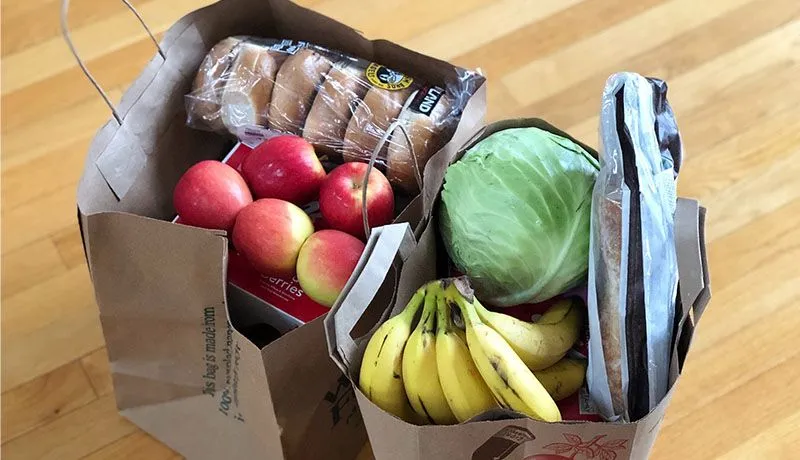3 minutes - Article
Food is expensive these days, consider these tips.
Cost is something to think about every time you spend money on food. This information will help you:
- plan your grocery shopping
- eat a variety of healthy foods each day
- compare and choose items that cost less
- store, cook, and eat food safely
General tips
Compare stores If you have many stores that sell food in your area, compare prices. Some stores have an average lower cost than others. Think about reviewing ads (flyers) for the products you often buy. Some stores will match the lower price at competing stores if you bring in the other store’s flyer.
Think about where you shop and how much it will cost to get to and from the store. If you travel a long distance or go to many stores to buy food, you might spend the money you save on groceries on transportation. Think about your best option.
Discount days Some food stores have regular discount days each month or special discount days. On these days the stores offer a percentage savings (like 10 or 15%) off your total grocery bill. You can save money buying lower priced items on these days.
Compare prices At the store, compare brand names, store brands, and generic brands to get the lowest price.
Value or family packs Buying food in larger amounts and dividing them into smaller amounts at home may save you money. When on sale, if you can, buy large packages that will not spoil quickly like canned and dry-boxed foods. At home, it’s important to store food properly so it won’t spoil. If you have to throw food away, it won’t save you money.
Bulk foods bins Buying foods in bulk bins may cost less. Compare the unit price of the bulk food to the packaged item. You may save money because you can buy only the amount of food you need.
Article adapted from Alberta Health Services "Tips to Spend Less Money on Food"
(photo credit: unsplash.com)
